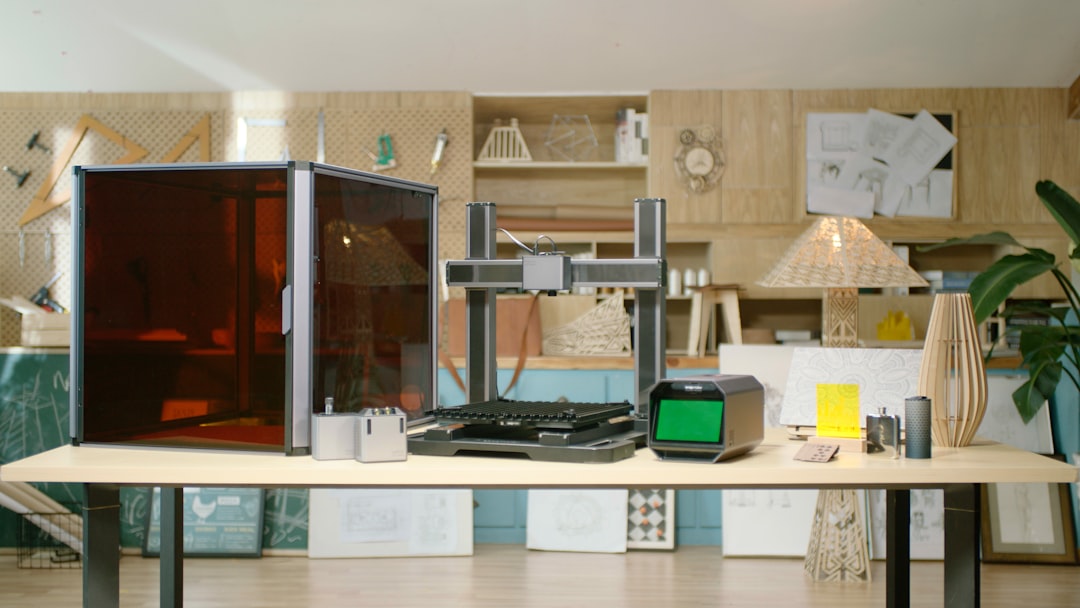
For trade professionals, installing a kitchen backsplash is a strategic upgrade. Costs vary based on materials, labor, and complexity. In San Diego, professionals typically spend between $500 and $1,700 for a 30-40 sq ft installation, including materials, labor, and finishing. Complex designs or luxury materials can increase costs, while simpler projects may be more affordable.
Most projects fall within the $500 to $1,700 range, covering materials, labor, and preparation. High-end materials or intricate designs can push costs higher, while basic installations may be less expensive.
• Tile material and format (ceramic, porcelain, glass, natural stone, mosaic sheets)
• Backsplash square footage and wall height
• Surface preparation or drywall repair requirements
• Pattern complexity (herringbone, chevron, custom inlays)
• Grout type and color sealing
• Labor rates tied to installer experience and regional demand
• Specialty edge profiles, electrical outlet moves, or accent niches
1. Entry-level ceramic subway tile: $10–$50 per sq ft
2. Mid-range porcelain or large-format tile: $12–$32 per sq ft
3. Glass mosaic sheets: $18–$42 per sq ft
4. Natural stone (marble, travertine): $20–$68 per sq ft
5. Luxury metal or handcrafted artisan tile: $30–$150 per sq ft
CountBricks provides real-time pricing, ensuring no outdated allowances or surprise markups.
Professional tile setters in San Diego typically charge $5–$20 per sq ft for straightforward installations. Complex layouts can increase labor costs to $15–$40 per sq ft. CountBricks' estimate engine factors in these variables automatically.
• Wall repairs behind removed countertops or old tile
• Primer, waterproofing membrane, or uncoupling mats
• Trim pieces or bullnose edges
• Color-matched caulk
• Disposal fees for demo debris
CountBricks allows you to toggle these extras on or off during consultations.
While DIY can save $480–$1,500 in labor, professional installation ensures precision and quality. CountBricks helps compare DIY material costs against professional services.
• Choose classic ceramic tiles for a timeless look
• Limit decorative borders
• Opt for simple patterns
• Schedule installation with other kitchen work
• Use premixed grout for small jobs
1. Voice consultation with CountBricks estimator—5 minutes
2. AI blueprint takeoff—same day
3. Receive digital quote—within 15 minutes
4. Material ordering and delivery—2 to 4 business days
5. Installation—1 to 2 days
6. Final walk-through and invoice—same day as completion
The Gonzales family achieved a modern coastal vibe with 4"x12" white porcelain tile at $25–$35 per sq ft. Total cost: $1,000, completed in eight hours.
• Real-time supplier pricing
• Voice commands for scope capture
• Task-level cost codes
• Professional PDF quotes
• Integrated invoicing
Ready for a detailed estimate? Visit CountBricks.com to start your consultation.
Installing a kitchen backsplash is a cost-effective upgrade. Understanding costs helps make informed decisions. CountBricks provides real-time estimates, allowing you to focus on design.

• Order 10% extra tile for cuts and future repairs. CountBricks includes this in takeoffs.
• Choose epoxy grout for high-traffic areas for long-term savings.
• Plan under-cabinet lighting before backsplash installation.
Upgrading to marble can recoup up to 85% of costs in resale-driven areas. CountBricks models ROI alongside project costs.
The Ramirez team used CountBricks to compare tile options, choosing a marble chevron pattern that increased materials by $540 but boosted the sale price by $4,500.